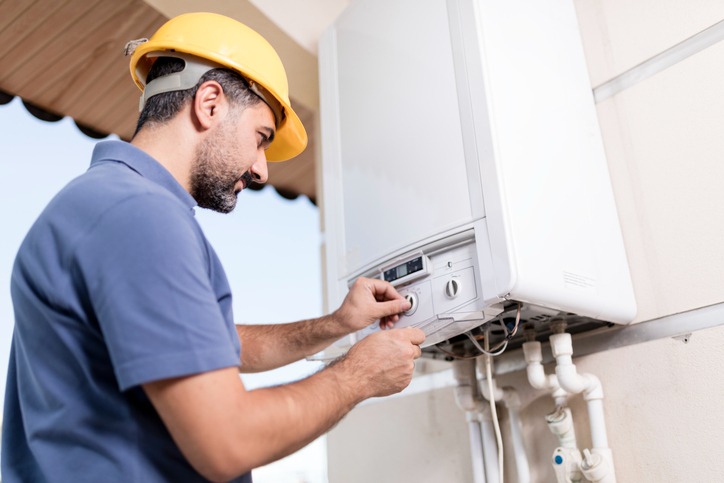
Why Does Your Heater Smells Like It’s Burning?
As the long Florida summer ends and colder weather sets in, there’s nothing quite like coming inside to a cozy home. However, before you start relying on your heating system to keep you warm, it’s important to know the warning signs of potential problems. One of the most alarming signs you could encounter is a burning smell from your heater. Not only is this unpleasant, but it could also be a sign of a dangerous issue requiring immediate attention.
If you notice a burning smell coming from your heater, contact our HVAC company in Gainesville, FL, for comprehensive HVAC inspection and heating repairs. Neglecting your heating system’s upkeep can lead to unpleasant odors and can compromise the safety of your home. Schedule an inspection or repair service with us today!
Dirty Heating System
A dirty heating system is a common reason why your heater may emit a burning smell after turning it on after a period of prolonged disuse. Dust and debris in the heat exchanger or burners can cause a burning smell as the system turns on. This build-up can also cause the heating system to operate inefficiently, leading to higher energy bills and decreased heating output. It’s important to schedule regular maintenance and cleaning appointments with a professional HVAC technician to ensure your heating system functions at its best and prevent potential hazards, such as electrical fires.
Fan Motor Overheating
An overheating fan motor is a common culprit when it comes to a burning smell from your HVAC system. The fan motor plays a critical role in ensuring air is properly dispersed throughout your home, and when it overheats, it can cause the plastic components in the motor to melt and produce that distinct burning smell. It is important to immediately switch off your system before contacting a professional for help.
Electrical Issues
Over time, the wiring within your heating system can become damaged due to normal wear and tear or an installation issue. This damage can cause electrical currents to spark and, in some cases, lead to overheating of the blower motor or circuit board. If your heating system overheats, it may shut down as a safety measure. However, this is not always guaranteed, particularly if your system is experiencing malfunction due to faulty wiring. In such cases, you should never try to diagnose or fix the issue yourself, as this could put you and your household at risk. Electrical issues are serious and require immediate attention to prevent further damage or risks.